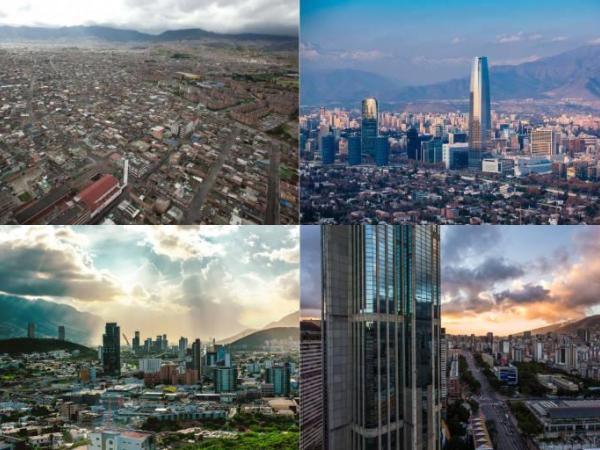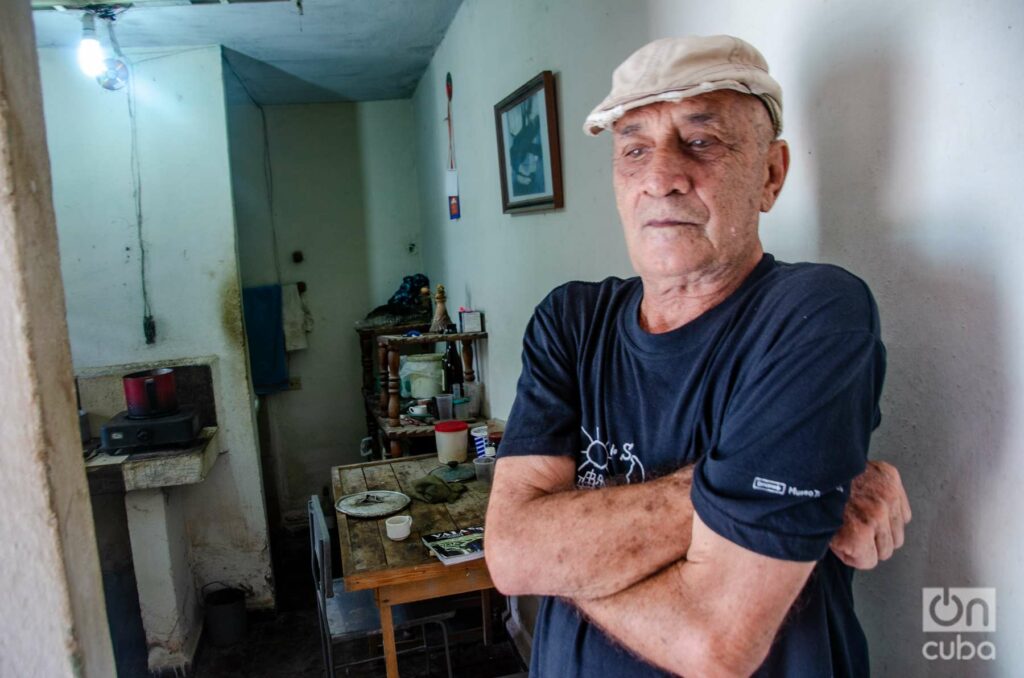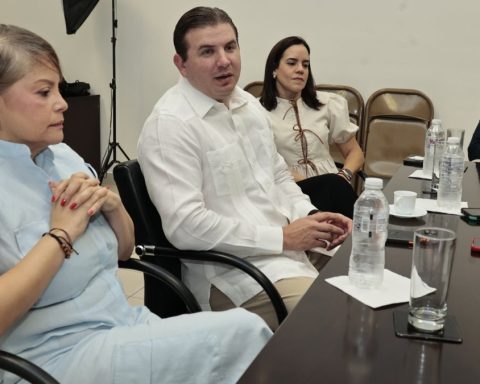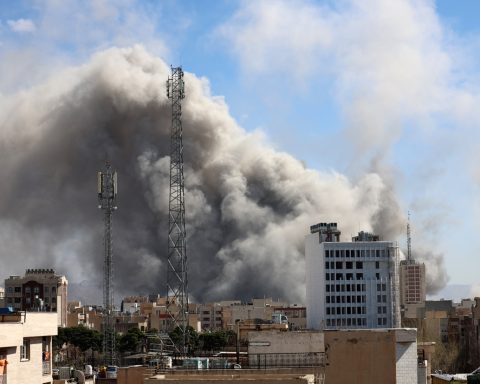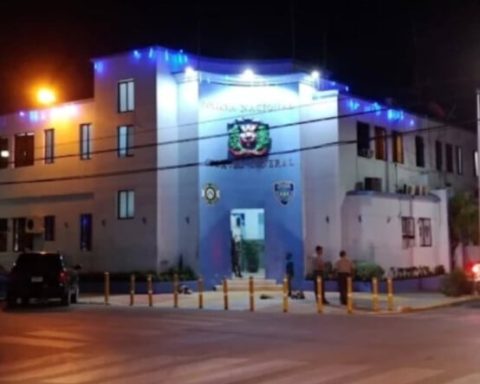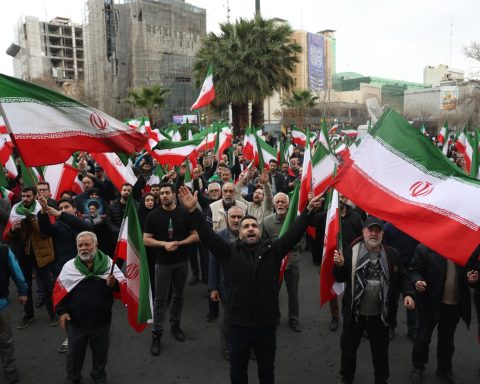At the World Economic Forum analysts discussed the challenges of the world.
Latin America is becoming a key territory where current geopolitics are disputed and where the construction of a new social pact knocks on the door of the main governments of the region.
This is the conclusion of the panel ‘Latin America, analyzed’ that was held yesterday as part of the programmatic agenda of the World Economic Forum (WEF) which takes place this week in Davos (Switzerland).
(See: Uncertainty reigns in Latin America after inflation figures for 2022).
The event was attended by Moisés Naím, a Venezuelan professor, who assured that the movements for change in Latin America have always been a constant, since one of the things to accept is that, among the different problems, the governments they have not been able to fulfill the promotion promises.
Naím emphasized that another problem in the region is that there is a broad coexistence between presidents and former presidents on the political scenewhen voters want to see new faces.
Regarding the geopolitical issue, the writer also assured that china and russia they want to enter the region, influencing leaders of key countries. An approach that is produced by “the void left by the United States”, with more than a decade where the relationship was not the best. “These voids are filled by anotheryes,” he asserted.
(See: Latin economy would only grow 1% in 2023, according to Moody’s Analytics).
On the other hand, Luciano Huck, recognized brazilian journalistagreed with the professor that there is a need for the region to build a new generation of leaders, who can maintain long live democracy.
He assured that his country is “totally divided” At present, and as in the region, “you have to reconnect with people” with the creation of new social contracts.
In turn, the president of the Inter-American Development Bank (IDB), Ilan Goldfajn, specified that something that may be missing for robust growth in the region is the conception of a new social contract.
“We have a context where people want greater equality in many aspects. For the time being, the region does not seem to have these resources to meet these demands. The challenge is to have growth, but that is inclusive”, he mentioned.
(See: Colombia, the fourth country in Latin America with the lowest pension age).
“We need to address social needs, because societies are not going to wait, you have to know how to use resources productively. We need to attract private capital, have the rule of law and finally, work on institutions and polarization, which are not separate issues, we have to solve them to return to sustainable growth”, argued Goldfajn.
In order to promote greater integration between the countries of Latin America, Felipe Bayon, President of ecopetrolmentioned that in the energy transition “sovereignty is very important” and should be the focus of companies.
(See: Capitals of A. Latina with the most expensive and cheapest public transport).
The Colombian manager He was convinced thatGiving access to energy is a way to close the social gaps in the region” and assured that chatting with the governments It must be an important aspect to accelerate the energy transition in the region.
BRIEFCASE
